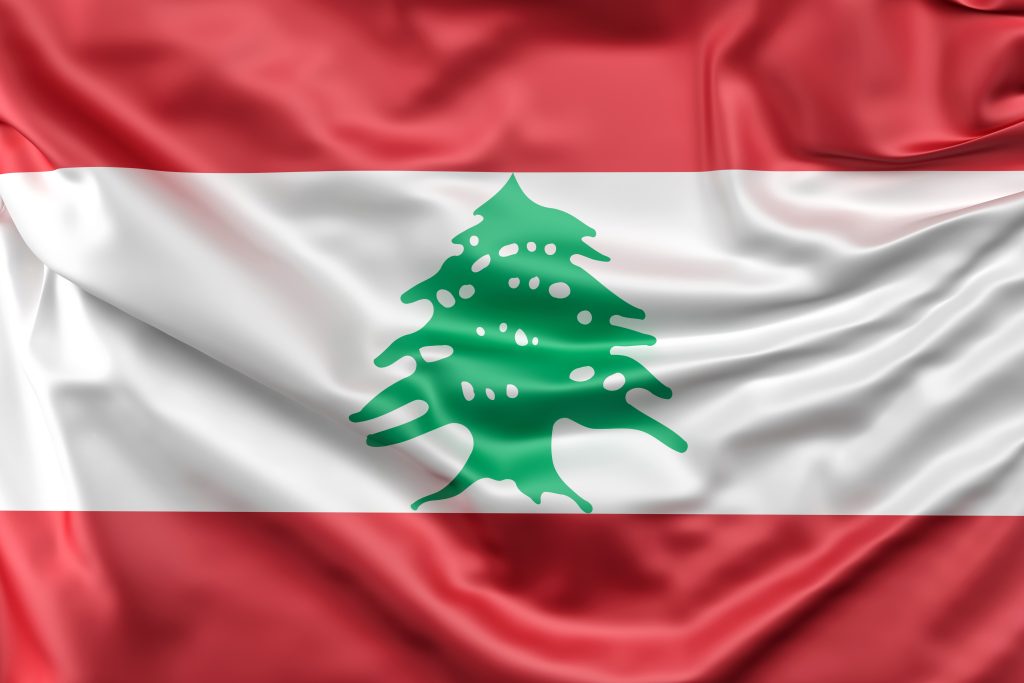
Lebanon relies on importing fossil fuels to meet its domestic energy demand. 94% of the country’s total primary energy consumption is for fossil fuels, while 88% of the installed energy capacity is fossil fuel fired. The remaining 12% comes from renewable energy; mostly hydropower.
Still, Lebanon suffers from disruptions on the delivery of these energy imports, as well as from sustained electricity supply. Lebanon aims to have 30% of its electricity to be provided by renewable resources by 2030. Lebanon adopted its second NEEAP in 2016. It aims for a level of 5% savings in the total Lebanese electric power demand in 2020.
Lebanon is a RCREEE member state since 2008.
We are honored to present RCREEE representatives in Lebanon as follows
| Board of Trustees Member | Focal Point |
|---|---|
| Eng. Pierre El Khoury General Director Lebanese Centre for Energy Conservation (LCEC) | Ms.Sorina Mortada Lebanese Centre for Energy Concentration (LCEC) |